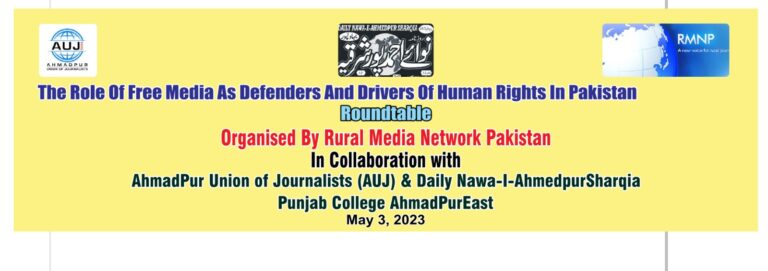UNESCO World Press Freedom prize
Lasantha Wickrematunge
The late Sri Lankan journalist and editor of the Sunday Leader Lasantha Wickrematunge, who was assassinated on 8 January this year, has been named laureate of the 2009 UNESCO World Press Freedom Prize. The Director-General of UNESCO Koichiro Matsuura today endorsed the choice of the Prize’s jury of 14 professional journalists from all over the world.
“Jury members were moved to an almost unanimous choice by a man who was clearly conscious of the dangers he faced but nevertheless chose to speak out, even beyond his grave,” said Joe Thloloe, President of the jury and Press Ombudsman of the Press Council of South Africa, referring to the laureate’s posthumous editorial in which he voiced his commitment for press freedom at the risk of his life. “Lasantha Wickrematunge continues to inspire journalists around the world,” added Mr Thloloe.
Mr Matsuura welcomed the choice of Mr Wickrematunge: “In awarding the 2009 World Press Freedom Prize to a committed journalist who opposed war, UNESCO, along with media professionals from all over the world, recognizes the important role that freedom of expression can play in fostering mutual understanding and reconciliation, the theme of this year’s World Press Freedom Day celebration.”
The Director-General will present the World Press Freedom Prize in a ceremony on May 3, World Press Freedom Day, which UNESCO will celebrate this year in Doha, capital of Qatar.
Born in 1958, Lasantha Wickrematunge trained as a lawyer and was a member of the Sri Lankan Bar Association. While working as an attorney-at-law, he began working as an investigative reporter for the Sun/Davasa newspaper.
In 1994, Mr Wickrematunge started the Sunday Leader with his brother and used the publication to campaign vigorously against the war between Sri Lanka’s army and Tamil rebels.
In 2000, Mr Wickrematunge secured a court victory which led to the abolition of the law that allowed the government to curb the media. In November 2007, the Sunday Leader was damaged in an arson attack that Mr Wickrematunge said resembled a “commando action.”
Mr Wickrematunge expected to be assassinated and went so far as to write an editorial for publication after his death. It appeared in the Sunday Leader on 11 January 2009, three days after he had been murdered. In his editorial, Mr Wickrematunge voiced his commitment and readiness to die for press freedom: ” there is a calling that is yet above high office, fame, lucre and security. It is the call of conscience.”
Created in 1997 by UNESCO’s Executive Board, the Press Freedom Prize is awarded annually to honour the work of an individual or an organization defending or promoting freedom of expression anywhere in the world, especially if this action puts the individual’s life at risk. Candidates are proposed by UNESCO Member States, and regional or international organizations that defend and promote freedom of expression.
Source: UNESCO


